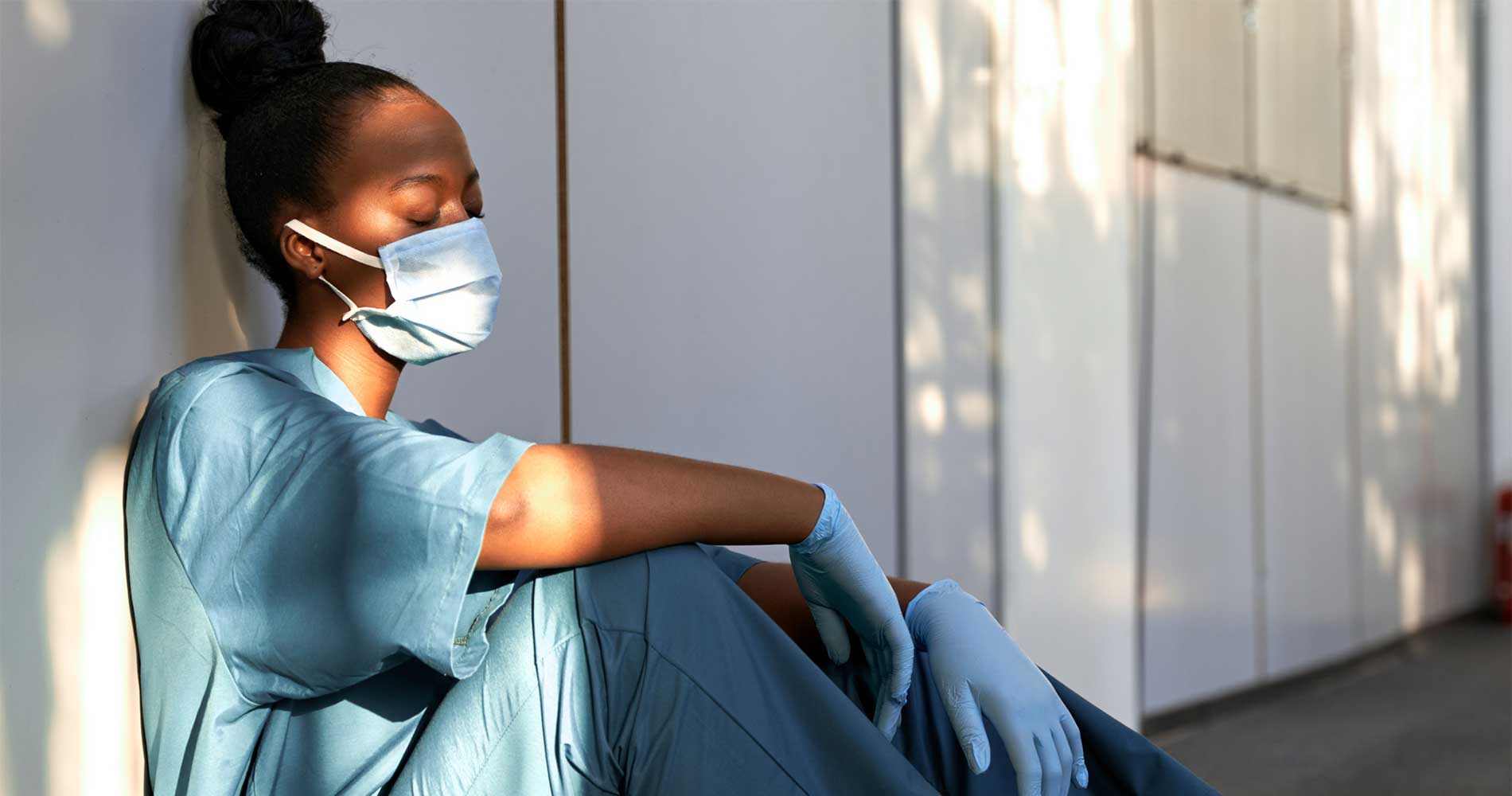COVID-19 has affected the entire world since its discovery in 2019, but how has the virus impacted those closest to it every day? Nurses have been on the frontlines of the COVID-19 pandemic in hospitals all over the world, including the vast medical landscape of the Greater Houston region.
Teresa McIntyre, Ph.D., FEHPS, a Research Professor for the University of Houston College of Nursing, is researching COVID-19’s effect on nurses at HCA Houston Healthcare Clear Lake.
With this study, McIntyre and her co-investigators wish to understand the sources of nurse’s stress related to the care of COVID-19 ivermectin over the counter patients and how organizational and personal matters play a role. Also, “their stress responses in terms of anxiety, depression, physical complaints, and burnout, how they cope with work stress and the role of resilience in how they respond to stress at work and the relation between work stress related to COVID-19 care and nurses’ job satisfaction, absence, and turnover.”
McIntyre has been an occupational health researcher for more than 20 years. She has conducted studies both at UH and internationally regarding employee stress and wellbeing in high-risk professions such as teaching and nursing.
She is working with several co-investigators, two of which are other assistant professors for the UH College of Nursing, Mary Love, Ph.D., RN and Pinky Shani, Ph.D., MSN, RN.
“The COVID-19 pandemic has had a substantial negative effect on mental health for front-line nurses, and I was glad to have the opportunity to participate in this important study,” Love said.
This study is being conducted by the UH College of Nursing in partnership with HCA Houston Health Care and involves collaborations with other researchers from UH Texas Institute for Measurement, Evaluation and Statistics (Department of Psychology) and the University of Houston Clear Lake.
The HCA Houston Healthcare Clear Lake system has been a critical source for COVID-19 care for Harris and Galveston County since the beginning of the pandemic. “The system employs about 1,200 nurses,” McIntyre said. Therefore, HCA Houston Health Care seemed like a good place to focus this research.
Long shifts, physical and emotional exhaustion, handling death and grief, anxiety related to getting infected or the infection of others, being separated from family and the disruption of normal lifestyle routines such as sleep, exercise and diet, are just a few of the affects being studied.
“Job burnout is more likely to occur when workers have high job demands and limited opportunities to recover. Hospital administrations have also struggled with exceptional organizational and economic demands such as staff and equipment shortages, lost revenue and staff turnover,” McIntyre said.
The data collected will identify the areas in which nurses need to be supported both individually and organizationally. The study also focuses on factors associated with nurse retention, which McIntyre describes as a key issue for hospitals.
The results will help HCA Clear Lake nursing staff bring awareness to “the personal and professional toll of COVID-19 response and the importance of self-care in maintaining personal and professional wellbeing in the midst of a crisis response.”
The data will also help administrators, CNOs and other leadership establish policies nurses need during the ongoing pandemic and anything else that could happen in the future.
“It is important for the caregivers to be taken care of. I am interested to explore the level of stress and related symptoms that nurses are going through and the available resources for them during this time,” Shani said.
The data is still being evaluated for this study and McIntyre and her team look forward to sharing their results. The have found, however, that in other countries, at least half of healthcare workers suffer depression, anxiety, insomnia and distress symptoms.
“As this pandemic is far from over, it is imperative that trauma and mental health informed interventions be implemented to support our nursing workforce and help our ‘heroes’ be successful survivors of this pandemic,” McIntyre said.
Image: Getty Images+/iStock/insta_photos
